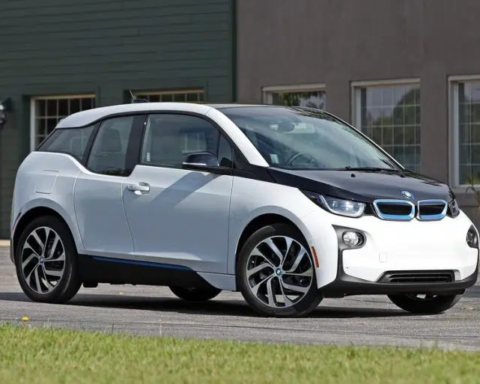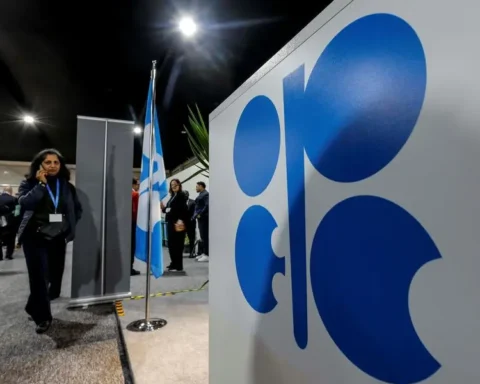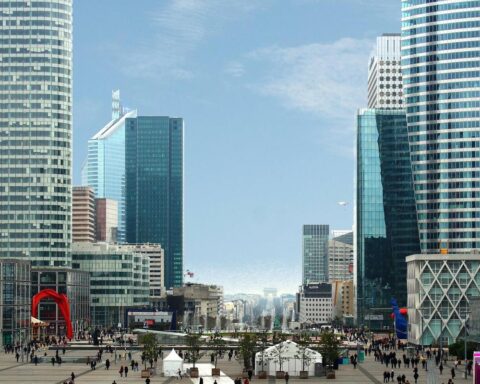Brussels and the United States have extended their trade truce by an additional 15 months, averting the imposition of tariffs on trans-Atlantic trade worth billions of euros set to trigger automatically on January 1.
Initially forged in October 2021 to resolve a contentious trade dispute initiated during the Trump administration over aluminium and steel, the agreement was on the brink of expiration at the year’s end. Despite efforts to broker a breakthrough during talks between US President Joe Biden and EU leaders Ursula von der Leyen and Charles Michel in Washington last October, no resolution was reached.
The newly announced extension of the tariff suspension is poised to endure until shortly after the inauguration of the next US administration, providing crucial stability and confidence to importers and exporters alike.
Under the previous administration, tariffs were imposed on EU steel and aluminium entering the US in 2018, citing national security concerns. These duties, amounting to 25% on steel and 10% on aluminium, impacted €6.4 billion worth of trade, prompting retaliatory measures from the EU, including tariffs on various American goods valued at €2.8 billion.
While the 2021 deal temporarily relieved the EU of its retaliatory tariffs, allowing limited volumes of EU-produced metals into the US without levies, the interim arrangement remains a challenge for EU exporters contending with significant tariff payments exceeding the quota-free thresholds.
Despite the relief provided by the truce, negotiations for the permanent removal of Trump-era tariffs on EU exports remain ongoing. A focal point of these discussions is the establishment of a ‘green steel club,’ which aims to impose taxes on steel producers based on the environmental footprint of their metal. However, progress has been impeded by disparities in environmental standards between the European bloc and the US.
Given the high carbon emissions associated with steel and aluminium production, these negotiations underscore the broader imperative of balancing economic interests with environmental sustainability. Moreover, with steel industry jobs holding significant political significance, particularly in key swing states, the outcome of these negotiations could carry significant implications for the Biden administration’s electoral prospects in the upcoming 2024 Presidential elections.
























